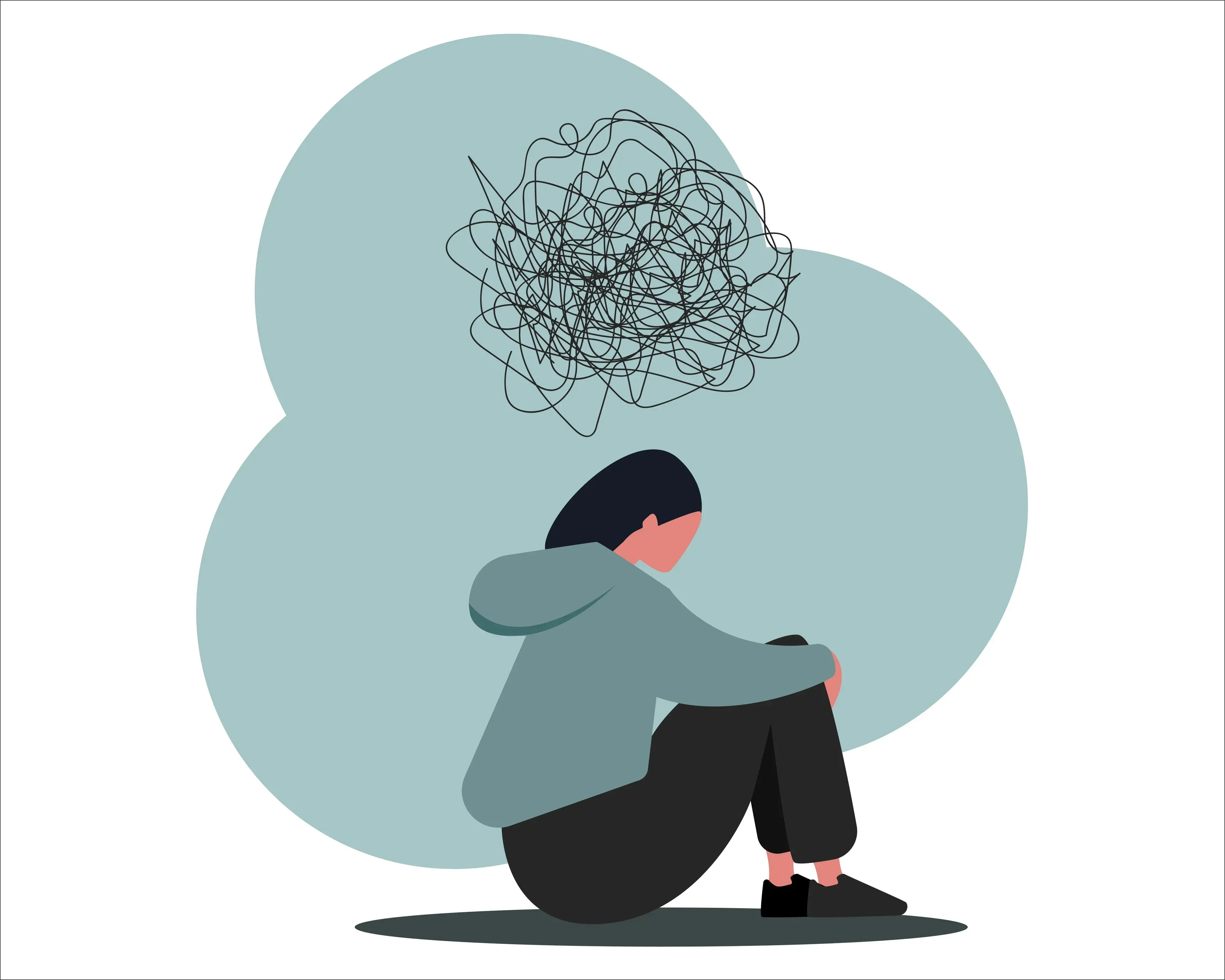This is a response to Let Your Friends Rant To You, Because Their Mental Health May Need It.
Depression doesn’t have an image.
It can look like anything on anyone. It can be the strongest person you know who always radiates positivity and the one to make others feel included.
Unfortunately, despite its prevalence, depression is often misunderstood, and many people still hold onto outdated and stigmatizing beliefs about the illness. One of the most persistent myths surrounding depression is the idea that it has a specific image. This misconception can be harmful in several ways, and it's time to dispel it once and for all.
The idea that depression has a specific image can be harmful in several ways. First and foremost, it can make it difficult for people who are struggling with depression to recognize their symptoms and seek help. If someone doesn’t fit the stereotype of a depressed person, they may not realize that what they’re experiencing is a mental health condition, and may be reluctant to reach out for support.
The notion that depression has a particular image is rooted in the idea that people who are depressed will look and act a certain way. They’ll be sad and lethargic, have trouble sleeping and eating, and generally appear disheveled and withdrawn. While it's true that these are some common symptoms of depression, they are by no means universal. Depression can manifest in a wide range of ways, and people with the condition may present with a variety of symptoms.
For example, some people with depression may experience agitation or restlessness rather than lethargy. They may have trouble concentrating or making decisions, experience physical symptoms like headaches or stomach aches, or engage in risky or self-destructive behaviors. Some people with depression may be able to function relatively well in their daily lives, despite feeling profound emotional pain.
It's important to recognize that depression can affect anyone, regardless of their age, gender, race, or socioeconomic status. It's a myth that only certain types of people are susceptible to depression, or that depression only affects people who have experienced trauma or significant life stressors. Depression is a complex condition with a variety of contributing factors, and it's not possible to predict who will develop it based on external factors alone.
The belief that depression has a specific image can lead to stigma and discrimination. People who don’t fit the stereotype of a depressed person may be judged or dismissed by others, which can make them feel even more isolated and alone. The stereotype of the depressed person can perpetuate harmful gender stereotypes, as depression is often associated with women and seen as a sign of weakness or emotional instability.
So what can we do to combat the myth that depression has a specific image? The first step is to educate ourselves and others about the diversity of experiences that can be associated with depression. We need to recognize that depression can present in a wide range of ways and affect people from all walks of life. By challenging the idea that there's a specific image associated with depression, we can create a more inclusive and supportive society that's better equipped to help those who are struggling with their mental health.
Additionally, we need to be mindful of the language we use when talking about depression. Instead of relying on stereotypes or stigmatizing language, we should strive to be more inclusive and empathetic. We should recognize that depression is a complex condition that affects people in different ways, and avoid making assumptions or judgments based on external factors.
By challenging the myth that depression has a specific look, we can create a more inclusive and supportive society that's better equipped to help those who are struggling with their mental health.
There is another quote by Robin Williams that always stuck with me, and to which I will leave to be stuck with you: “All it takes is a beautiful fake smile to hide an injured soul and they will never notice how broken you really are.”



















